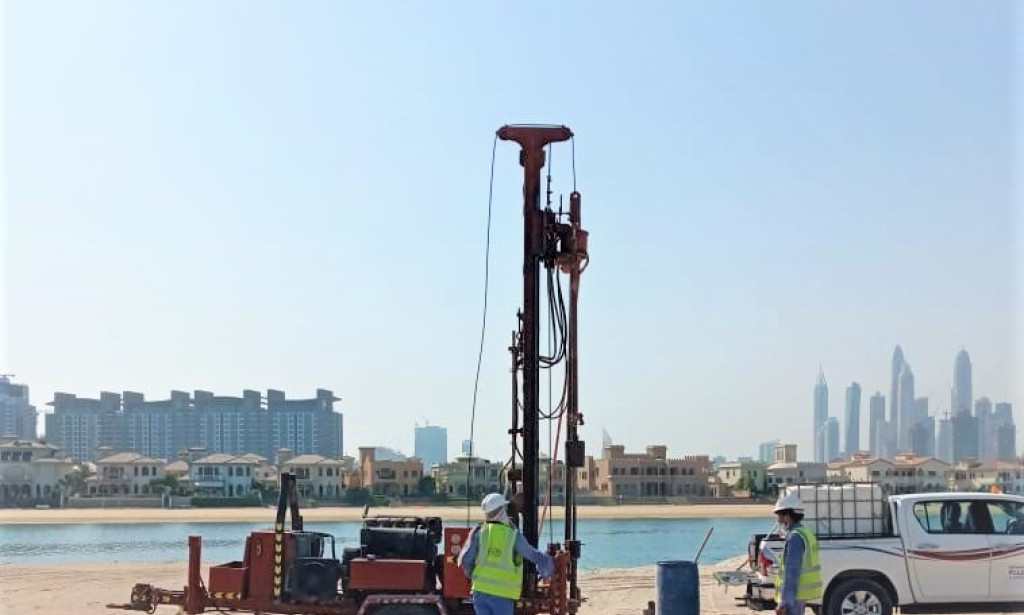Introduction
Soil compaction tests are essential for any construction project. They help ensure the soil beneath your structures is stable and can bear the weight without settling or shifting. However, not all soil is the same, and different types of soil compaction tests are used to evaluate the suitability of soil for a particular project.
In this blog, we'll explore the various types of soil compaction tests and guide you on choosing the right one for your specific project.
Standard Proctor Test
The Standard Proctor Test is one of the most commonly used soil compaction tests. It involves compacting soil samples at different moisture levels to determine the maximum dry density and optimum moisture content.
This test is ideal for general construction projects where you need to ensure a solid foundation.
Modified Proctor Test
The Modified Proctor Test is similar to the Standard Proctor Test but uses heavier compaction equipment and higher energy to simulate more substantial construction machinery.
This test is suitable for projects where heavy loads and equipment will be involved, such as highways and airports.
California Bearing Ratio (CBR) Test
The California Bearing Ratio Test assesses the strength and bearing capacity of subgrade soil for road construction. It measures the load-carrying capacity of soil compared to a standard crushed stone material. If you're working on a road construction project, the CBR test is crucial for determining the stability of the roadbed.
Field Density Test
The Field Density Test, also known as the Sand Cone Test or the Nuclear Density Test, measures the in-place density of compacted soil at the construction site.
It is useful when you need to ensure that the soil in your project area is adequately compacted and meets the required specifications.
Choosing the Right Test for Your Project
Now that you know about these soil compaction tests, how do you choose the right one for your project? Here are some key considerations:
- Project Type: Consider the nature of your project. Is it a residential building, a road, or a massive industrial facility? The type of project will influence the choice of compaction test.
- Soil Type: The soil in your project area can vary in composition. Different tests are better suited for specific soil types. For example, clayey soil may require different testing than sandy soil.
- Load and Usage: Consider the weight and frequency of loads the soil will bear. Heavy construction equipment or vehicular traffic will necessitate more rigorous testing.
- Local Regulations: Check with local authorities and construction codes to determine which soil compaction test is mandated or recommended for your area.
- Project Budget: Finally, consider your project's budget. More comprehensive tests may be costlier, so it's important to strike a balance between accuracy and budget constraints.
Conclusion
Selecting the right soil compaction test for your project is crucial to ensure a stable foundation and long-lasting construction. Consider the project type, soil characteristics, load requirements, local regulations, and your budget when making your decision. Consultation with a geotechnical engineer or soil testing expert might also be beneficial. You may build the groundwork for a successful construction project by making the correct decision.




You must be logged in to post a comment.